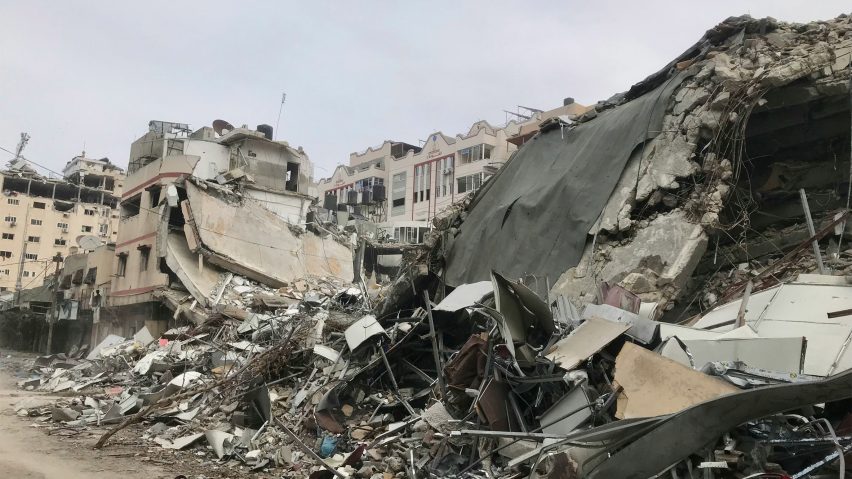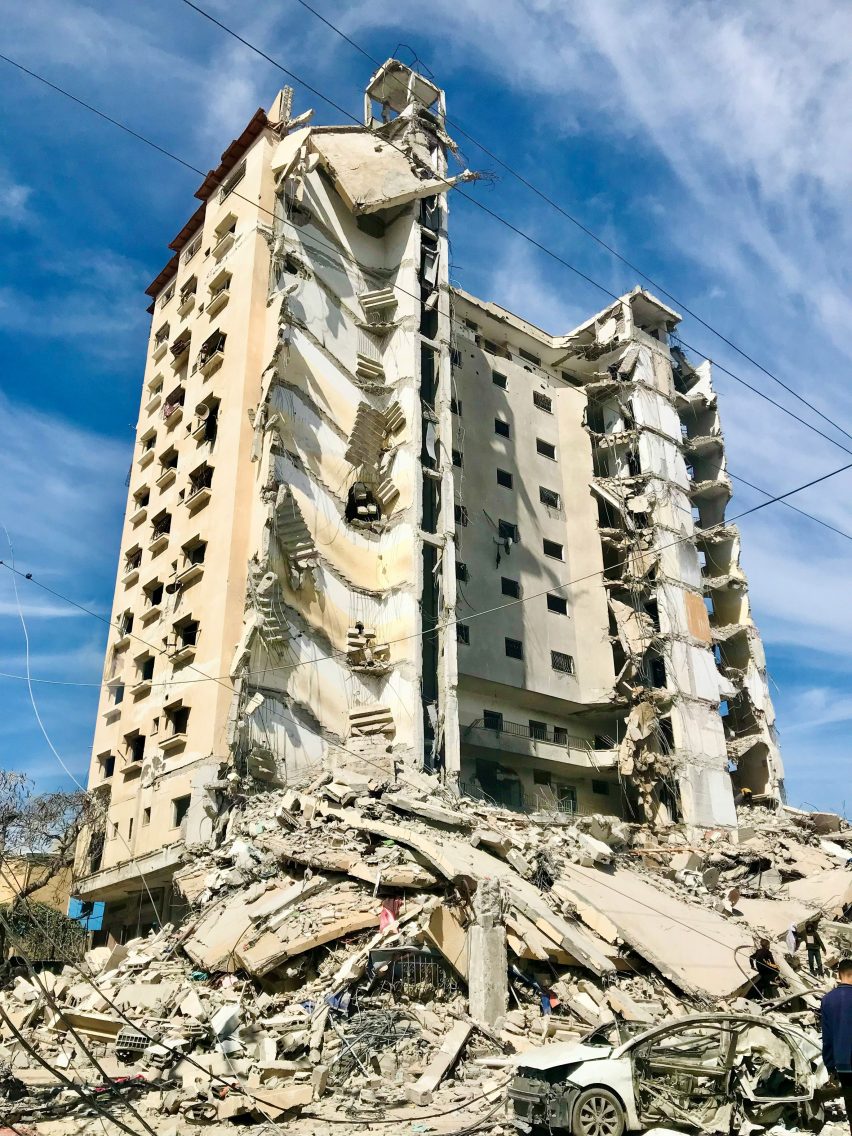
Rebuilding destroyed Gaza homes will take at least 16 years reports the UN
The United Nations has predicted it will take "until 2040 and probably longer" to rebuild the homes in Gaza that have been destroyed in the Israel-Hamas war.
Using data from the Palestinian Central Bureau of Statistics, the report estimated it would take 16 years to rebuild the homes destroyed in Gaza as Israel's military action in Palestine continues, following the 7 October 2023 assault on Israel by Hamas militants.
"Even under optimistic scenarios for the pace of physical reconstruction, the scale of destruction in Gaza has been such that, simply from the narrow perspective of moving in building materials, it would still take until 2040 and probably longer to restore the housing units destroyed since the start of the war," said the researchers, reported the Guardian.
The report was created by the United Nations Development Programme (UNDP) and the United Nations Economic and Social Commission for Western Asia (ESCWA) to investigate the expected socio-economic impact of the conflict in Gaza.

The report sets 2040 as the most optimistic scenario – basing the date on if the war were to end immediately, however, this estimation only accounts for destroyed homes and does not factor in the repair of all damaged buildings.
It made clear that rebuilding and repairing the damage to Gaza's infrastructure, including schools and hospitals, will take decades.
The report also predicted the impact on Human Development Index (HDI) estimates for Palestine if the war continues for an additional one, two and three months.
It estimated that after nine months of conflict, reduced levels of health, education, and wealth would correspond to a loss of over 20 years of development in Palestine. When analysing Gaza alone, this rises to 44 years of development being wiped out.
"Unlike previous wars, the destruction in Gaza today is unprecedented in scope and scale and coupled with the loss of homes, livelihoods, natural resources, infrastructure as well as institutional capacities, may have deep and systemic impacts for decades to come," said ESCWA executive secretary Rola Dashti.
"This assessment projects that Gaza will be rendered fully dependent on external assistance on a scale not seen since 1948, as it will be left without a functional economy, or any means of production, self-sustainment, employment, or capacity for trade."
The UNDP and ESCWA report supplements the Gaza Strip Interim Damage Assessment published by the United Nations (UN) on 29 March, which stated that by the end of January 2024, damages to the built environment in Gaza amounted to around $18.5 billion. Damage to the housing sector made up 72 per cent of this cost.
This included the damage and destruction of 62 per cent of all homes, which equated to 290,820 housing units in Gaza.
The assessment also stated that 84 per cent of health facilities had been destroyed or damaged, and a total of 56 school facilities had been destroyed and 219 partially damaged.
It also announced that unexploded weapons and around 26 million tonnes of rubble would need to be cleared from Gaza for reconstruction to commence. This has since reportedly increased to an estimated 37 million tonnes, which alone could take up to 14 years to remove.
The photography is by Emad El Byed via Unsplash. Comments have been turned off on this story due to the sensitive nature of the subject matter.